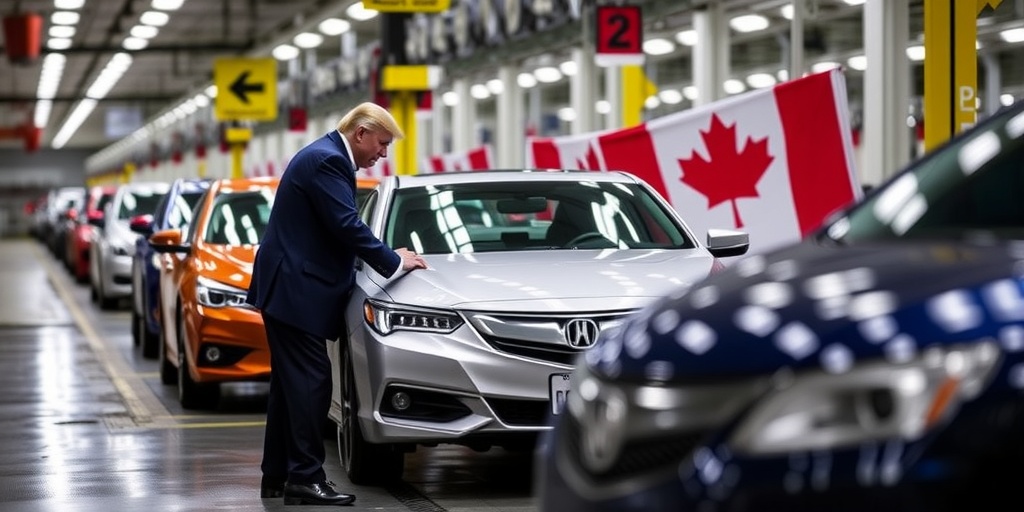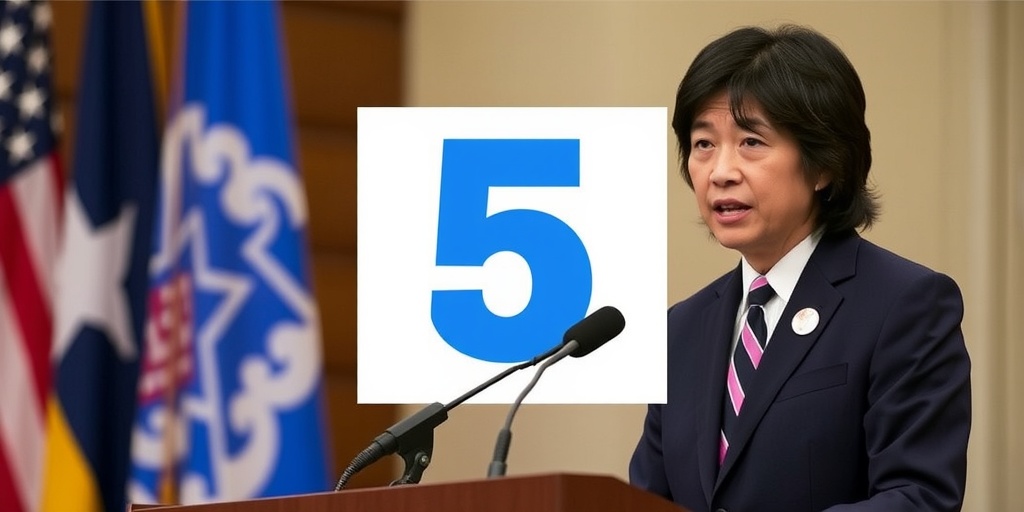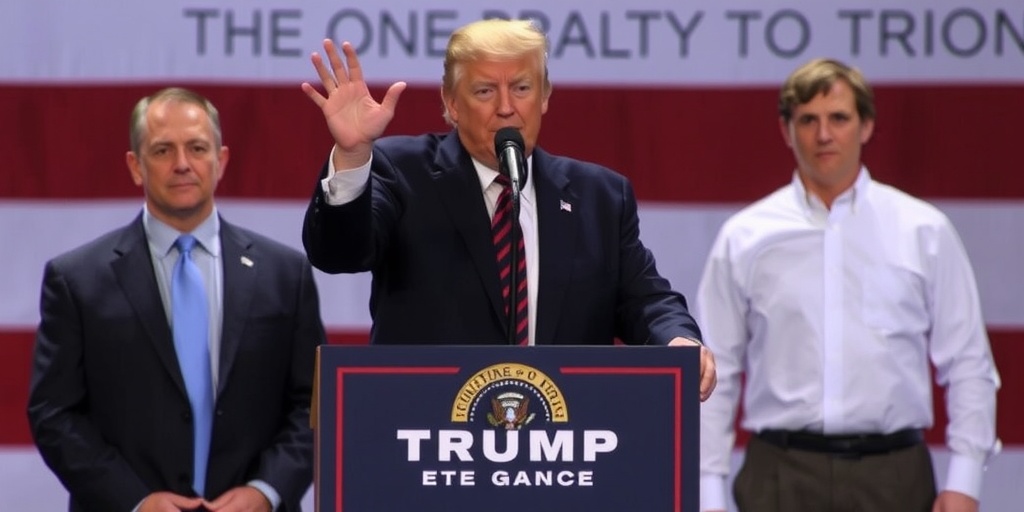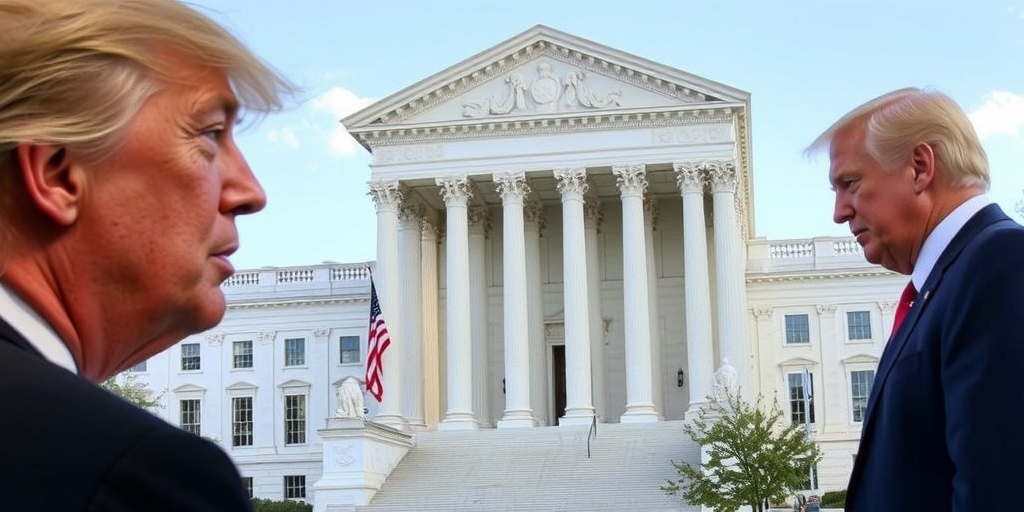Now Reading: Trump’s Tariff Threat Sends Canadian Auto Industry into Panic
-
01
Trump’s Tariff Threat Sends Canadian Auto Industry into Panic
Trump’s Tariff Threat Sends Canadian Auto Industry into Panic

Title: Windsor’s Automotive Industry Faces Uncertain Future Amid Tariff Threats
Since 1988, Lanex Manufacturing, located on the outskirts of Windsor, Ontario, has played a crucial role in the automotive supply chain by producing essential metal components such as door strikers, folding-seat latches, tailpipe hangers, and frame braces. These parts are integral to a wide range of vehicles, from high-end Corvettes to family-friendly Honda minivans. However, as President-elect Donald J. Trump prepares to take office, a wave of apprehension looms over the plant and the city it serves. His promise to impose a 25% tariff on all goods exported from Canada to the United States has sparked fears of severe repercussions for Windsor’s automotive-centric economy.
Bruce Lane, president of Lanex, expressed his concern during a recent boardroom meeting, stating, "Everybody’s waiting for the next shoe to drop. If Windsor lost its automotive business, Windsor would not survive." This sentiment encapsulates the anxiety of many in the city, which has long enjoyed the fruits of a deeply integrated cross-border automotive industry.
Recognized for its unique geographical position, Windsor sits directly across the Detroit River from Detroit, making the two cities economically interdependent. The automotive industry’s ties between Canada and the U.S. are not new, with history dating back to a 1965 agreement that dismantled trade barriers for auto manufacturing. Presently, an incredible 90% of cars and trucks produced in Canada are exported to the United States, primarily by rail.
Prime Minister Justin Trudeau echoed this concern during a recent visit to Windsor, emphasizing how local workers bear the brunt of U.S.-Canada trade relations. "These workers here in Windsor are more exposed to trade with the United States than anyone else," he noted. Mr. Trudeau also cautioned that the tariffs proposed by Mr. Trump could lead to widespread damage not only in Windsor but across Canada and even in the United States.
Windsor is not only known for its auto parts manufacturing but also for its significant landmarks that enhance cross-border trade, such as the $5.7 billion Gordie Howe International Bridge, set to open soon. The enduring Ambassador Bridge has been a vital channel for approximately $300 million in daily trade.
Even as Canadian officials react to the likelihood of tariffs, the auto industry is already bracing for potential fallout. George Papp, CEO of Papp Plastics, expressed frustration, stating that his U.S. customers would likely pass the cost of tariffs onto him. "Who’s going to take the hit? Me, and people like me and companies like mine," he lamented. Flavio Volpe, president of the Automotive Parts Manufacturer’s Association, highlighted the precarious financial state of many small automotive suppliers, remarking that most operate with minimal profit margins. The proposed tariffs could potentially cripple their businesses.
The tension surrounding U.S. tariffs compounds existing challenges faced by Canada’s auto industry, which has yet to fully recover from the pandemic’s impact on car sales. Since 2020, Lanex has diminished its workforce from around 60 employees on two shifts to merely two dozen on a single shift.
In the broader context, Windsor has a metropolitan population of roughly 484,000 and is synonymous with its automobile production. It is home to the Stellantis factory, which produces the Chrysler Pacifica and Dodge Charger. Recently, Stellantis announced plans to expand its workforce, supported by Canadian government subsidies, to build a new battery plant in collaboration with South Korea’s LG.
However, the global transition to electric vehicles has posed further challenges for Stellantis and other manufacturers grappling with stiff competition, particularly from China. James Stewart, president of the local union representing Stellantis workers, did not believe tariffs would deliver a fatal blow to operations in Windsor, considering the significant investments made in the local factory.
Despite this, the potential for heavy tariffs remains a serious concern. Mr. Stewart articulated the economic dependence Windsor has on U.S. trade, suggesting that tariffs could lead to business closures, layoffs, and production cuts. "We’re a suburb of Detroit; we’ve always felt that way,” he said, describing Windsor’s current situation as "under attack for no reason."
The TRudeau government is expected to announce details on retaliatory measures against any U.S. tariffs. However, the limited size of Canada’s economy complicates its ability to impact the U.S. significantly; any imposed tariffs could also lead to price hikes within Canada.
In light of these looming uncertainties, Mr. Lane indicated that Lanex had begun an unrelated “secret” manufacturing project as a possible hedge against tariffs. Reluctantly, he acknowledged that if tariffs were enacted long-term, he might need to relocate operations to the U.S., a move that would jeopardize many local jobs.
As for Mr. Papp, his support for Mr. Trump’s policies is tempered by his opposition to tariffs, which he understands would threaten his business. "You can’t separate our countries," he asserted, acknowledging the enduring relationship between Canada and the U.S., which he believes will remain strong despite the current challenges.
Stay Informed With the Latest & Most Important News
Previous Post
Next Post
-
 01New technology breakthrough has everyone talking right now
01New technology breakthrough has everyone talking right now -
 02Unbelievable life hack everyone needs to try today
02Unbelievable life hack everyone needs to try today -
 03Fascinating discovery found buried deep beneath the ocean
03Fascinating discovery found buried deep beneath the ocean -
 04Man invents genius device that solves everyday problems
04Man invents genius device that solves everyday problems -
 05Shocking discovery that changes what we know forever
05Shocking discovery that changes what we know forever -
 06Internet goes wild over celebrity’s unexpected fashion choice
06Internet goes wild over celebrity’s unexpected fashion choice -
 07Rare animal sighting stuns scientists and wildlife lovers
07Rare animal sighting stuns scientists and wildlife lovers





















